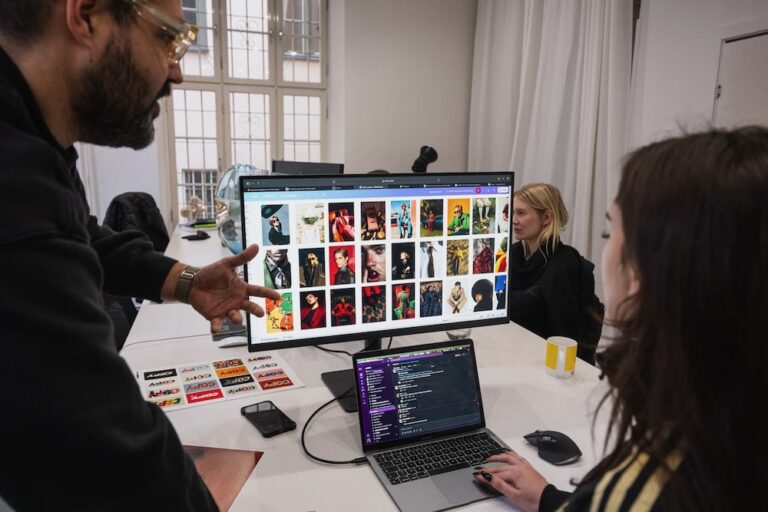(IFLA/FAIFE/IFEX) – The following is an IFLA/FAIFE media release: Launch of the first IFLA/FAIFE World Report on Libraries and Intellectual Freedom The first IFLA/FAIFE World Report on libraries and intellectual freedom was launched today at the IFLA Annual Conference in Boston. The President of IFLA, Mrs Christine Deschamps, said: “Libraries have a crucial role to […]
(IFLA/FAIFE/IFEX) – The following is an IFLA/FAIFE media release:
Launch of the first IFLA/FAIFE World Report on Libraries and Intellectual Freedom
The first IFLA/FAIFE World Report on libraries and intellectual freedom was launched today at the IFLA Annual Conference in Boston.
The President of IFLA, Mrs Christine Deschamps, said: “Libraries have a crucial role to play. They are an essential tool for the achievement of democracy and social development. Libraries provide access to information, ideas and work of imagination. They serve as gateways to knowledge. Libraries must reflect the plurality and diversity of society, opposing all forms of censorship without being influenced by any political, moral, or religious opinions.”
“This first IFLA/FAIFE World Report is a major project, a first attempt to provide a picture on the status of libraries and intellectual freedom throughout the world. More than 140 countries have been contacted and 46 have submitted their report. The result is very encouraging since this kind of information had never previously been put together nor published on a global basis.”
“The IFLA/FAIFE World Report is a living document and more countries will join the project in the future. The World Report is a living proof of the global aspects of IFLA/FAIFE and of IFLA’s support to democracy and development.”
The Chair of the IFLA/FAIFE Committee, Mr Alex Byrne, said: “This first edition of the IFLA/FAIFE World Report reflects the achievements of the first four years of the IFLA/FAIFE initiative. The World Report will become a key guide to issues confronting libraries in providing free access to information for their clients. The reports published in this edition begin to map the state of intellectual freedom in relation to libraries. They confirm that not all is well with the state of freedom of access to information and freedom of expression in the world. From Turkmenistan to Timor, we too frequently see books burnt, libraries destroyed or dismembered, and librarians intimidated or worse.”


